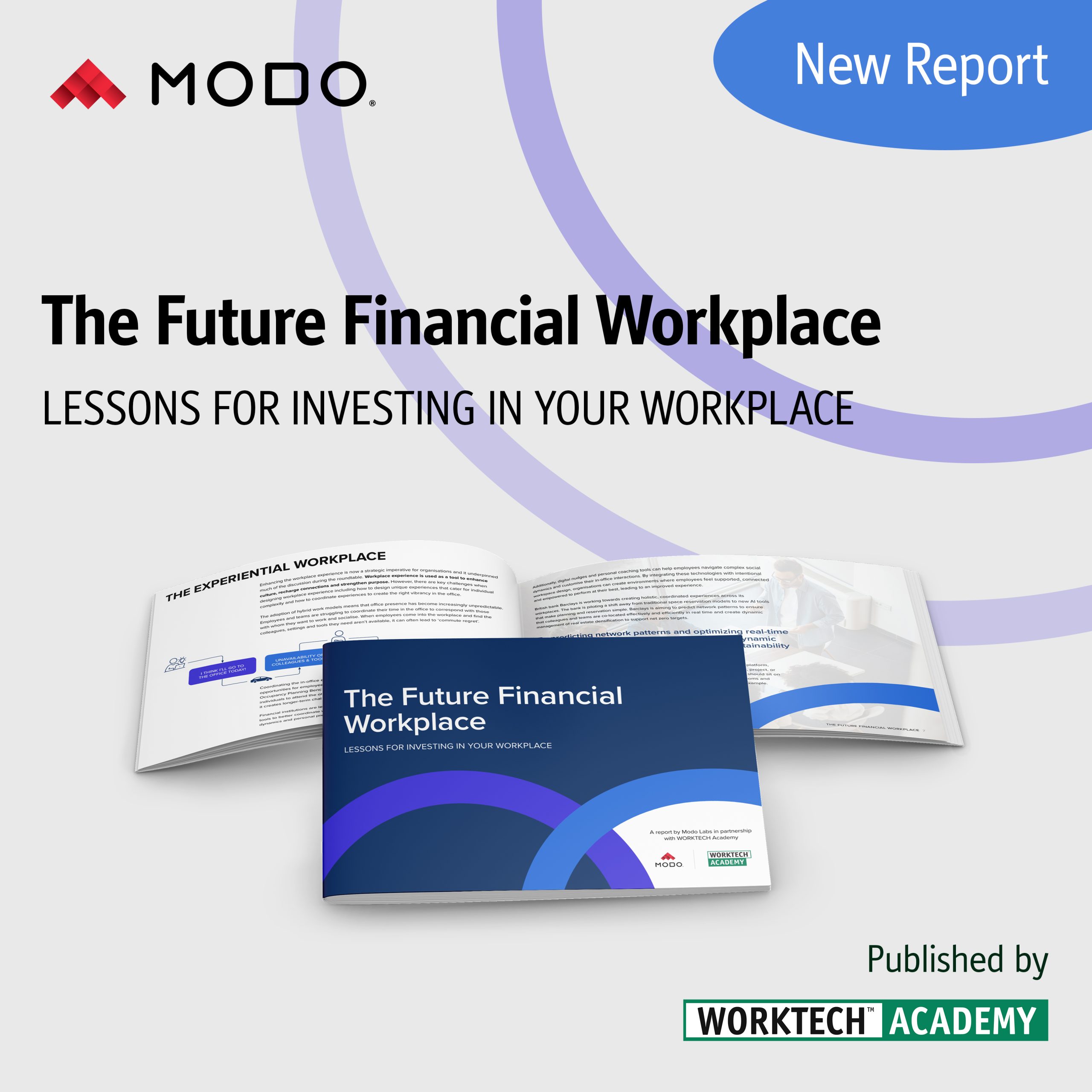Where next for diversity and inclusion as companies reverse policies?
The recent rollback of DEI policies inside large US multinationals has been jaw-dropping to observe. But an underlying commitment to inclusive principles can still shape how we view the world
When workplace directives on diversity, equity and inclusion (DEI) rose rapidly up the corporate agenda directly after the global pandemic, such action was widely seen as one of the genuine positives to emerge from the crisis.
Organisations were able to square a social and moral imperative with the business case for creating a greater sense of engagement – and many grasped the opportunity with energy and enthusiasm. Policies around inclusion then helped to colour in a new design agenda for a workplace more sensitive to different needs.
So what are we to make of the sharp and sudden rollback of DEI initiatives by large multinational corporations in the face of the ‘culture wars’ of the new US administration? Let’s recap on what has happened.
Executive orders
President Trump has signed executive orders overturning DEI programmes in the federal government. Falling right in line, several large US corporates have followed suit and rolled back their own DEI initiatives, including Goldman Sachs, Google and Accenture. Even before Trump’s inauguration, the rollback was in motion once the US election result was confirmed. Ford, Walmart, Amazon, McDonald’s and others all dropped DEI while Meta not only disbanded its DEI team but also got rid of fact-checking.
The momentum behind the reversal of DEI policies – seen as recently as the turn of the year as a backbone of the new post-pandemic workplace – has been jaw-dropping. For under-represented groups in the workplace, it has been a nightmare. Some of the companies which slammed DEI into reverse were targeted by right-wing activists. Others did so without waiting for the tap on the shoulder.
America is now marching to a new drum in the workplace arena, just as it is on trade, tariffs and geopolitical influence. What goes on in the US workplace, whether it’s about attendance in the office or affirmative action, has been politicised as never before. And it will be scrutinised as never before. All of this has ramifications globally.
Clear perspective
If you believe as I do that diversity makes organisations stronger commercially and that inclusive design is integral to the future of work, then the situation now before us is concerning. However, it is important not to over-react in the face of the DEI rollback and to maintain a clear perspective.
So extensive has been the proliferation of DEI action in recent years that some type of organisational backlash or correction was always going to happen. Tougher economic conditions will always focus company boards on the business fundamentals, leaving DEI exposed. It is also evident that an underlying belief in diversity and inclusion, engagement and belonging, still shapes how most organisations view the world. This is a conviction that some DEI rollbacks by some high-profile US multinationals are unlikely to shake over the longer term.
‘The commitment to inclusive design should continue at pace…’
For workplace developers and architects, the commitment to inclusive design that meets diverse (and neurodiverse) needs should continue at pace, despite the current political noise around DEI. Taking the long view and staying on track is essential. To do otherwise makes no sense.
In Steven Johnson’s landmark book, Where Good Ideas Come From, he draws on the coral reef as a metaphor for the innovative organisation, explaining that ‘what makes the reef so inventive is not the struggle between the organisms but the way they have learned to collaborate – the coral and the zooxanthellae and the parrotfish borrowing and reinventing each other’s work.’
Just like the coral reef, we need to maintain the biodiversity of the workplace and not pit different groups against each other.
‘Neuroinclusive Workplace’ is one of 25 trends in WORKTECH Academy’s new report, The World of Work in 2025, which can be accessed here.








